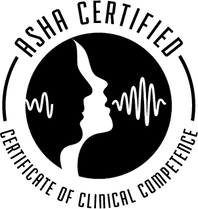|
Here's the 3rd installment for Better Hearing and Speech Month!
Speech-language pathologists can diagnose and treat a variety of speech and language disorders among children and adults (e.g., stuttering, voice disorders, articulation, language delays, etc.). My practice happens to specialize in the diagnosis and treatment of pediatric speech sound disorders, including articulation, phonological disorders, childhood apraxia of speech, and other motor speech deficits. But, there are 3 lesser known areas in addition to speech and language that many SLPs assess and treat... 1. Feeding and Swallowing... yup! We assess and treat all phases of swallowing. In fact, when I was working in the acute rehab setting, patients with dysphagia (swallowing disorders) were about 80% of my caseload. There are also SLPs who specialize in the treatment of atypical eating among infants and children (e.g., food selectivity/refusal, negative physiologic response, etc.). 2. Cognition... SLPs frequently address attention, memory, problem-solving, and executive functioning in many different settings, such as hospitals, skilled nursing care facilities, private practices, schools, and even in patients' homes, 3. Literacy... reading, writing, and spelling are a vital part of language, and are areas in which many SLPs choose to specialize. We often think of "language" in terms of primarily spoken language, but written language is a logical and crucial extension of language development. Click here for more information about the SLP's Scope of Practice. Happy Better Hearing and Speech Month! #BHSM17
10 Comments
In this 2nd post celebrating Better Hearing and Speech Month, I'm answering 2 common question I receive from parents about their child's language skills. 1. Is there a difference between speech and language? Yes! Speech and language refer to two completely different aspects of communication. "Speech" refers to the actual movements required for producing speech sounds, including the movement of the jaw, tongue, lips, and vocalizations using the larynx (voice box). So, children with articulation delays, phonological disorders, and even those who stutter and exhibit voice disorders have deficits of speech and not necessarily language. "Language" refers to socially shared rules that govern vocabulary, sentence structure (syntax), manipulating word meanings (morphology), and contextual usage of language (pragmatics). Children with deficits in the area of language may have a more limited vocabulary, difficulty using correct grammar, problems following directions, or understanding and using social language, to only name a few. There are many aspects of language that speech language pathologists assess and treat... click here for a more exhaustive list. 2. My 2 year old isn't really talking much, but he's a boy... don't boys tend to talk later? 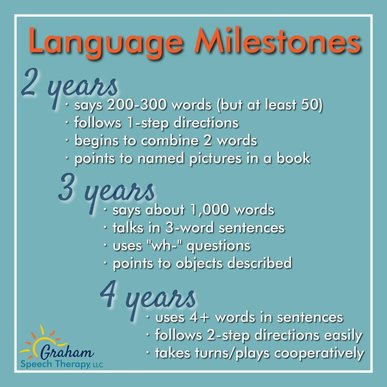 It's true, there is a wide range of "normal" and every child develops at their own pace in their own way.... and girls do tend to develop speech and language faster than boys. But, there are still some important milestones every child should reach by a particular age. These are only a few milestones… for more speech and language expectations, click here. If your child isn't reaching these significant milestones, he may have a deficit in speech or language and I would encourage you to seek advice from a Speech Language Pathologist. Don't let the “my-son-didn’t-talk-till-he-was-3-and-now-he’s-fine!” stories keep you from missing critical red flags. A parent once told me, “I wish I had started speech therapy from the jump and found out she didn’t need it, than waste nearly half a year waiting to see if she would catch up." Missing these critical milestones could mean your child may have a deficit in speech or language and I would encourage you to seek advice from a Speech Language Pathologist. Don't let the “my-son-didn’t-talk-till-he-was-3-and-now-he’s-fine!” stories keep from missing critical red flags. A parent once told me, “I wish I had started speech therapy from the jump and found out she didn’t need it, than waste nearly half a year waiting to see if she would catch up."
It's May! Which just happens to be Better Hearing and Speech Month (BHSM), so to help spread the word throughout this month, I will be addressing some of the most common questions I receive from parents. Today, in our first installment, I'm answering questions many parents have about their child's articulation... 1. What sounds should my child be able to say?
** Adapted from Sanders J. Speech Hearing Dis., 1972; Smit, et al J. Speech Hearing Dis. 1990 and the Nebraska-Iowa Articulation Norms Project 2. I can't really tell what sounds my child is able to say... it's seems so inconsistent.
3. Is it really a big deal if my child still makes a few mistakes when they speak?
Do you have any other questions about your child's speech? Comment below... it might turn up in a future post this month! #BHSM
|
|

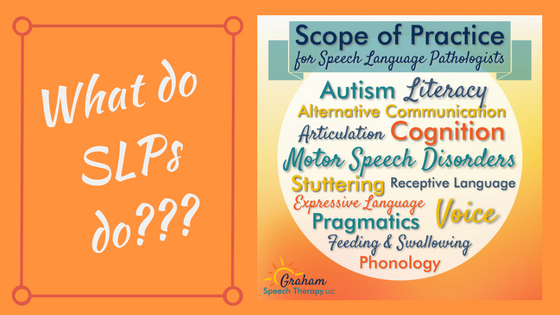
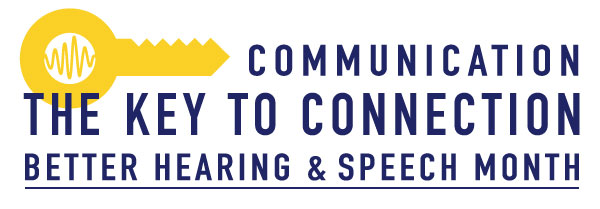
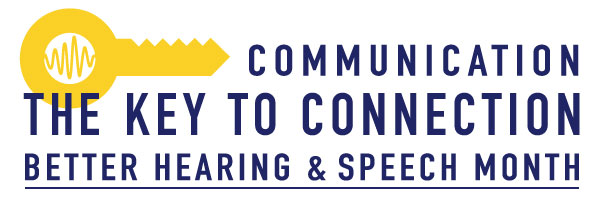
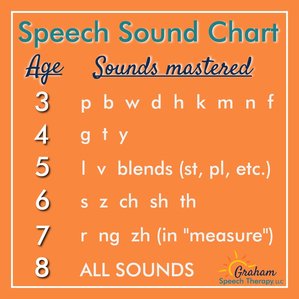
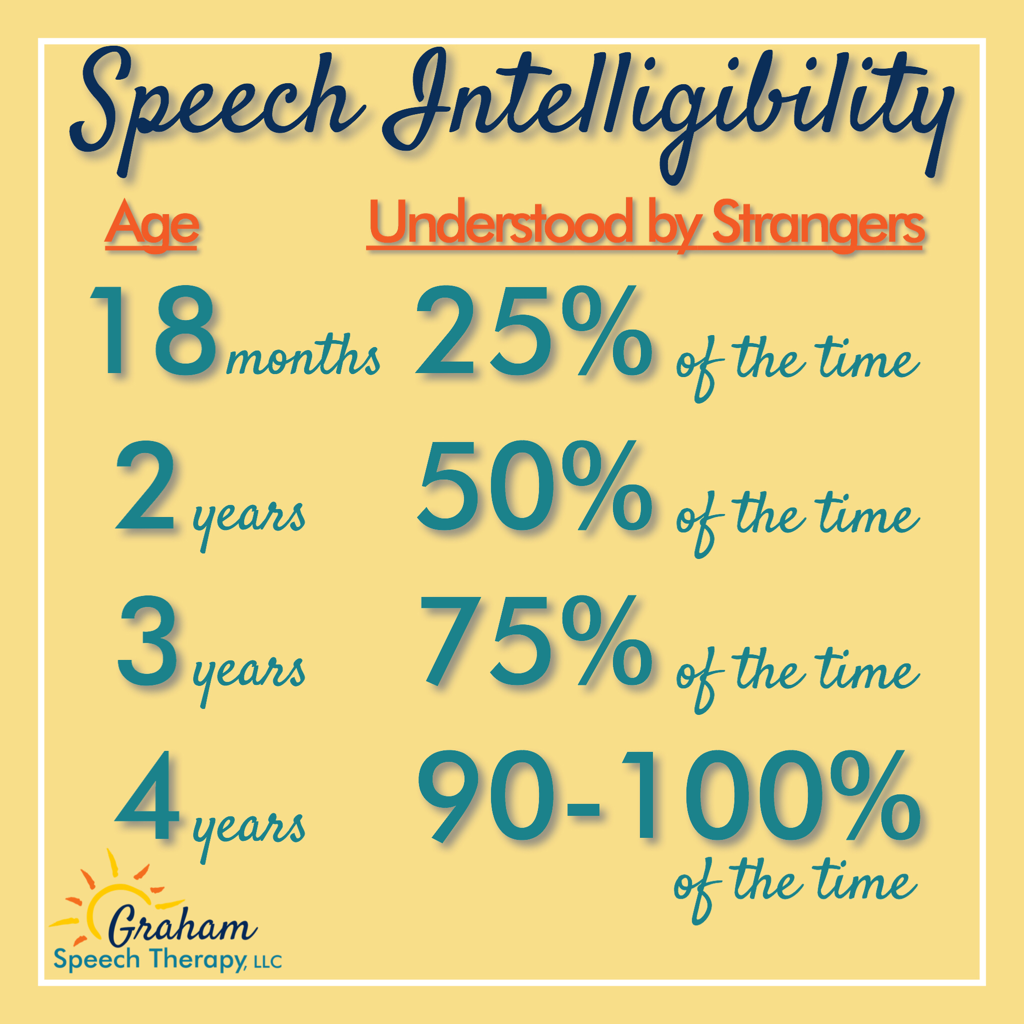
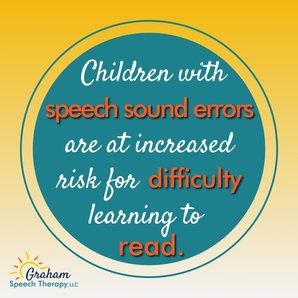
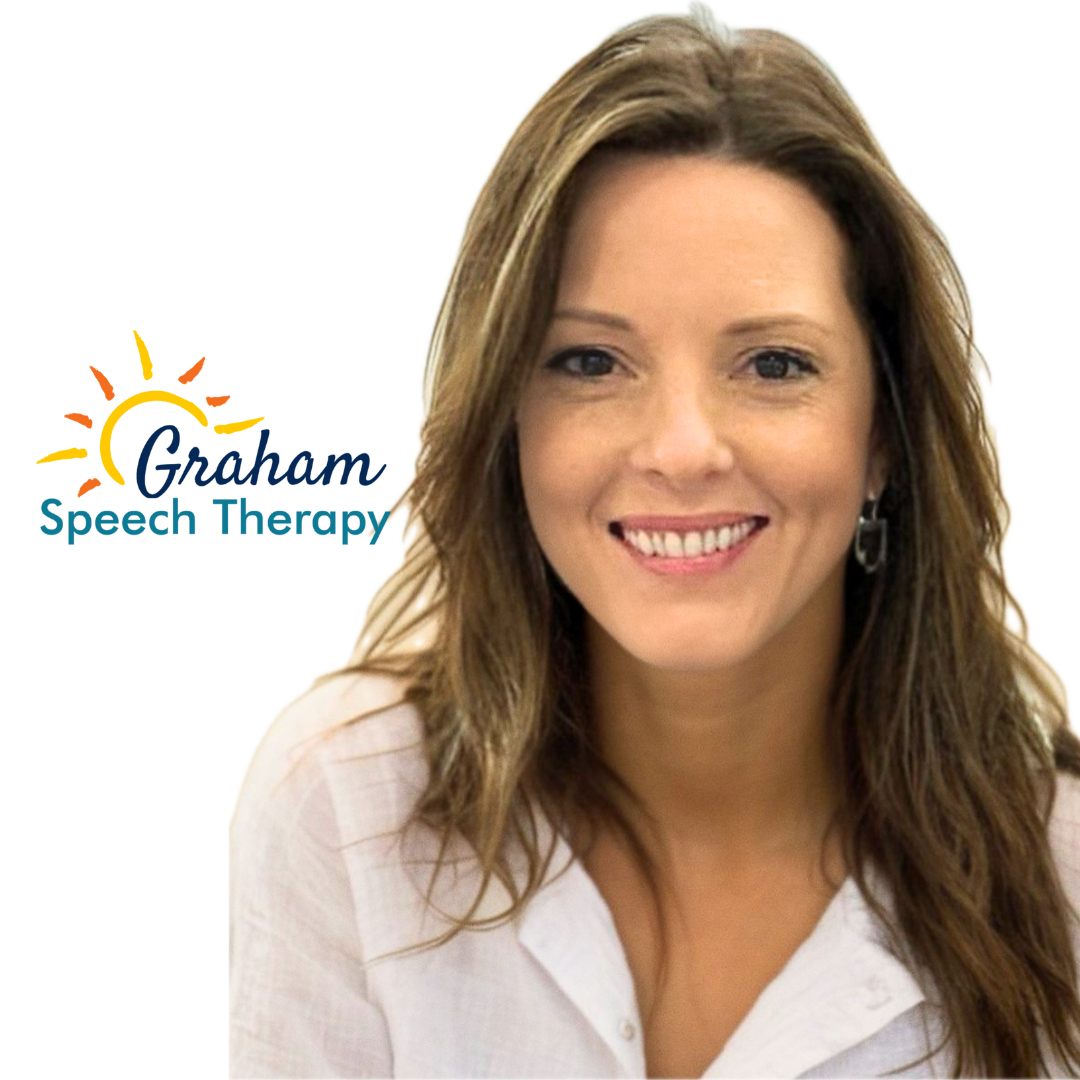
 RSS Feed
RSS Feed
